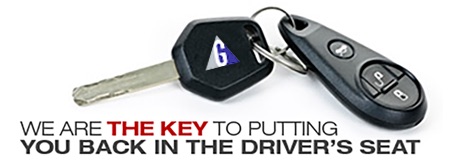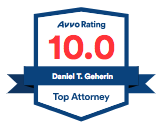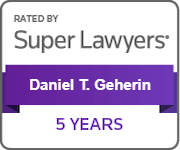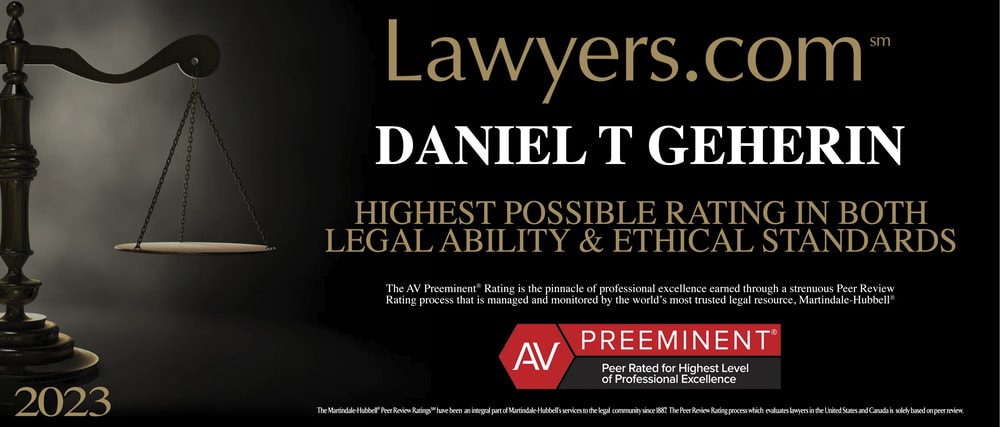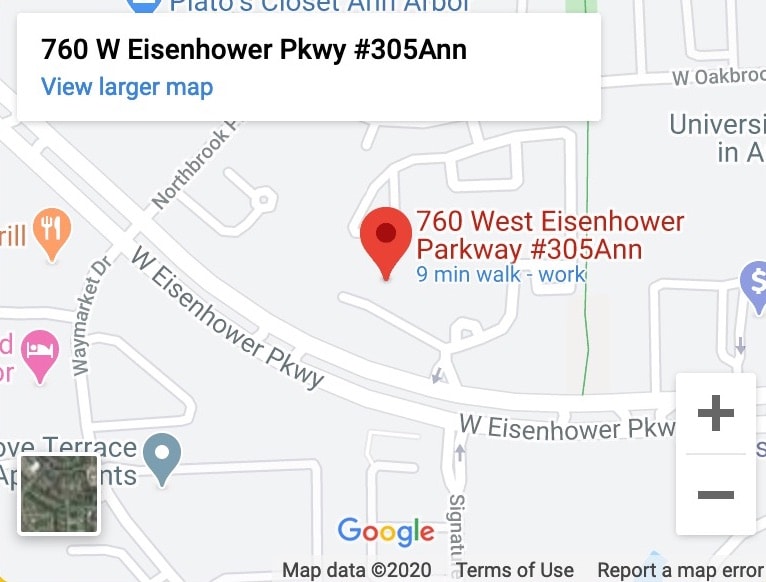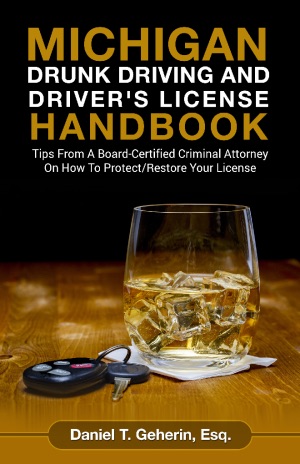Ignition Interlock Violations
If a driver has any of the following combination of drunk or drugged driving convictions, Michigan law indicates that he or she is a “Habitual Offender”: two or more convictions within 7 years; or three or more convictions within 10 years. The Michigan Secretary of State is required to revoke the driver license of a Habitual Offender and deny his or her application for another license.
After the minimum period of revocation/denial, a Habitual Offender may be eligible for a driver’s license appeal hearing. If a restricted license is ordered, the hearing officer must require that the Habitual Offender install a Breath Alcohol Ignition Interlock Device [BAIID] on any vehicle he or she owns or intends to operate.
A BAIID is a breath alcohol analyzer, with computer logic and an internal memory. It connects with a motor vehicle's ignition and other control systems. The BAIID measures the driver's bodily alcohol content [BAC], and keeps the vehicle from starting if the BAC is .025 or higher. The BAIID must include a camera capable of recording a digital image of the individual providing the sample. The device will also ask for random retests while the person is driving [called “rolling retests”].
BAIID Devices prevent drinking drivers from operating a vehicle in the following ways: The person can’t drive until the BAIID is properly installed and proof of installation is presented to a local Secretary of State branch office; and anyone with a restricted license that requires a BAIID must continue to drive with the device until the Secretary of State authorizes him or her to remove it.
If the BAIID records 3 start-up test failures in a monitoring period, or 1 rolling retest failure, or if it detects tampering, the vehicle must be taken to a service center immediately. If that service isn’t done, the BAIID will go into a "lock-out" mode, and the vehicle will be inoperable.
Test failures, tampering, or other BAIID-related violations may result in an extension of the time before you can ask for another driver’s license appeal hearing, or may require that the original license revocation/denial be reinstated.
If there are alcohol readings or other BAIID violations after the device is installed, the BAIID vendor will report them to the Secretary of State. The possible consequences of those reports may include an extension of the time before you can request another license appeal hearing, or the reinstatement of the original license revocation/denial.
When eligible, you may request a license appeal hearing to ask that the restrictions be removed from your license. At that hearing, you must present the report(s) from the BAIID provider(s) to prove that the device was installed for at least the minimum required length of time, and to establish whether there were any alcohol readings or other BAIID violations.
BAIID Violations:
Violations of the BAIID program for habitual offenders are divided into "minor" and "major" categories.
Minor Violations:
You have 2 months after the BAIID is installed to become familiar with the device, and to learn that certain substances, such as mouth wash, may cause the device to record a test failure. After the first 2 months, it is a minor violation if the BAIID records 3 start-up test failures within a monitoring period. A start-up test failure means the BAIID has prevented the vehicle from starting. A monitoring period is the full length of time the BAIID is required to be properly installed.
If the driver fails to report the BAIID installer for service within 7 days after his or her scheduled monitoring date, it is a minor violation.
Major Violations:
- Rolling retest violations:
- Failing to take the rolling retest when prompted by the BAIID; or
- The random retest detects a BAC of .025 or higher, and there is no subsequent sample with a BAC of less than .025 within 5 minutes.
- An arrest or conviction for drunk and/or drugged driving.
- Tampering with the BAIID.
- Circumventing the BAIID.
- Three minor violations within a monitoring period.
- Removing the BAIID without having another device installed within 7 days, unless the Secretary of State has authorized the removal.
- Operating a vehicle without a properly installed BAIID.
Minor violations often result in a 3-month extension of the time before you may request another license appeal hearing. Major violations can result in the immediate reinstatement of your original driver license revocation/denial. You may appeal that action to the Administrative Hearings Section. The appeal must be in writing, and must be submitted within 14 days after the effective date of the reinstatement.
Drivers are often informed of Major or Minor Violations without intentionally doing anything wrong, or without knowledge of specific violation. For example, a driver might be served a violation notice for “Tampering” with the BAIID while the car was in the service repair shop. Other times, drivers are truly innocent (perhaps food or mouthwash caused the violation), but they don’t know how or where to prove their innocence. As a result, the Interlock violation can often be defended or mitigated at a hearing.
If you’ve received notice of an Ignition Interlock Violation, and need assistance, please call us. We’re well-versed in the mechanics/administration of BAIID devices, and have successfully defended hundreds of BAIID violations. We have a network of available experts to help testify regarding BAIID malfunctions. Our experts have helped many driver's return to the road lawfully and legally with driver's license restoration in Michigan.

